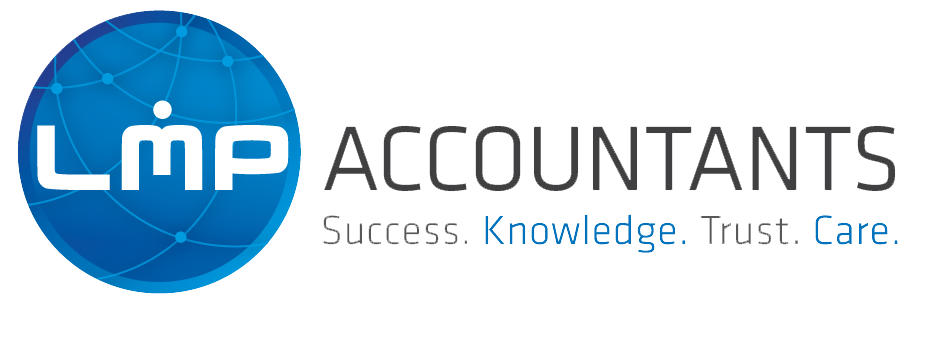The wide ranging superannuation reforms originally announced in the 2016-17 Federal Budget have passed Parliament.
As the majority of the reforms start from 1 July 2017, it’s important to consider how these might impact on you and whether you need to take any action before then.
Please contact Frank Vetere on 9723 7100 or email frank@lmp.com.au if you would like to discuss the impact of these reforms to you.
Key reforms include:
- Non-concessional contributions capped at $1.6 million – Once your super balance has reached $1.6m, from 1 July 2017 you will no longer be able to make non-concessional contributions to super. This does not stop you from making non-concessional contributions in the current 2017 financial year.
- If the balance of your superannuation pensions exceed $1.6m at 1 July 2017, the Tax Commissioner will direct your fund to reduce your retirement phase interests back to $1.6m and you will be subject to an excess transfer balance tax. Your overall super balance can be more than $1.6m but only $1.6m can be in a tax-free pension. Keeping the excess balance in super, albeit in accumulation phase, may still be worthwhile because of the low 15% tax rate.
- Non-concessional contributions reduced to $100,000 per annum (from the current $180,000). If you are under 65, you have until 30 June 2017 to use the current caps and contribute up to $540,000 this financial year. You can do this using the ‘bring forward’ rule that allows you to bring forward up to three years worth of non-concessional contributions in one year (and then make no or limited contributions for the next two years).
- The advantage of using the bring forward rule now is that your three years worth of contributions utilise the current caps. If you contribute more than $180,000 this financial year but not the full $540,000, you still trigger the bring forward rule but any further contributions from 1 July 2017 are subject to the new $100,000 cap.
- Concessional contributions reduced to $25,000 per annum.
- More high income earners to pay higher tax rate - High income earners with incomes of $300,000 or more pay 30% tax on super contributions they make, rather than the usual 15%. From 1 July 2017, this threshold will reduce to $250,000.
- Earnings on fund income no longer tax-free. From 1 July 2017, the income from assets supporting transition to retirement income streams will no longer be exempt from tax but included in the fund’s assessable income. For example, if your super fund earns interest from a term deposit, that interest is currently tax-free in a transition to retirement pension. From 1 July, that interest will be included in the fund’s assessable income.
There are also some positives in the reforms:
- Claiming a tax deduction on super contributions – If you are under the age of 75, from 1 July 2017, you will be able to claim a tax deduction for personal superannuation contributions. Currently, you need to earn less than 10% of your income from salary or wages. This effectively allows all individuals, regardless of their employment circumstances, to make concessional superannuation contributions up to the concessional cap. Note that if you are over 65 you will need to meet the work test to make contributions to super.
- 'Carry forward’ unused super cap – Where your superannuation balance is less than $500,000, from 1 July 2018 you will be able to make additional (carry forward) concessional contributions if you have not fully utilised your concessional contributions cap in previous years. With the delayed start date of this reform, the first year that the carry forward amount can be used is 2019-20.
How can we help?
If you are concerned that the Government’s changes to superannuation will affect you, please call me to arrange a time to go over your particular needs in detail.
This information has been prepared without taking into account your objectives, financial situation or needs. Because of this, you should, before acting on this information, consider its appropriateness, having regard to your objectives, financial situation or needs
LMP Accountants Pty Ltd (ASIC No. 1248223) ABN 81 119 846 552 is a Corporate Authorised Representative of Merit Wealth Pty Ltd ABN 89 125 557 002, Australian Financial Services Licence Number 409361

